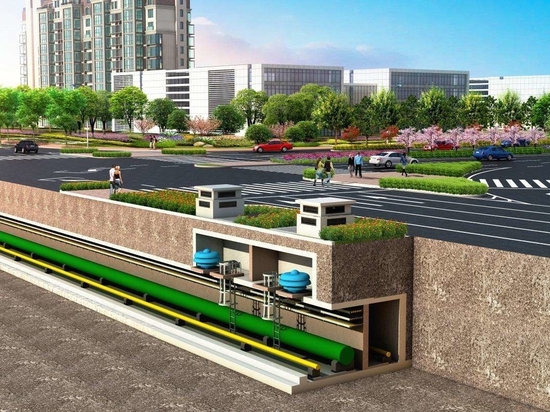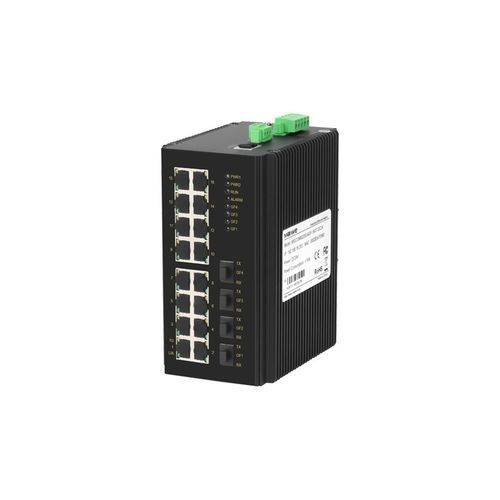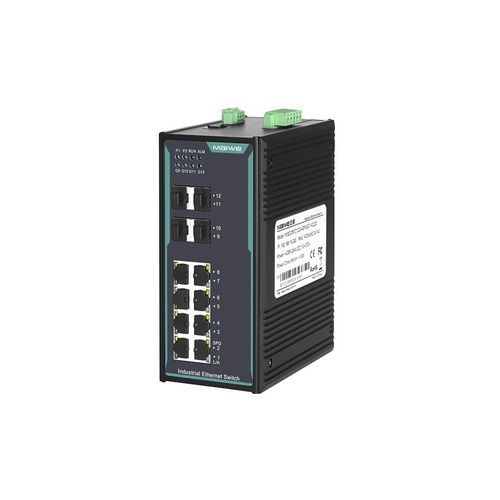
#Industry News
How to Choose Rugged Network Switch for Harsh Environment
Industrial Network Switch for Harsh Environment
In the era of ubiquitous Ethernet connectivity, Ethernet switches are now being deployed outdoors in remote locations to monitor and manage field equipment. This includes applications across offshore rigs, pipelines, power stations, water and wastewater facilities, bridges, tunnels, wind farms, and more. As the use of Ethernet in harsh environments becomes more prevalent, the need for rugged switches that can withstand challenging conditions is paramount.
Common Challenges For Switches in Harsh Temperature
Extreme Temperature
Threats
Recent years have seen record temperatures in many countries or regions. High heat conditions affect network connectivity and data transmission between locations. The same can be said for the harsh cold of the winter months. In an industrial environment, ethernet industrial switch is used in outdoor locations where the temperature is rarely controlled, which can lead to power supply issues, such as voltage fluctuations or power surges, and hardware components overheat and failure.
Key Factors to Consider for the Industrial Switch
Wide Temperature Range Specifications: Manufacturers of industrial switches specify a wide operating temperature range (-40°C to 75°C, for example) to ensure that the switches can function reliably in a variety of environmental conditions.
Thunder and Lightning
Threats
A direct lightning strike can cause catastrophic damage to outdoor network switches, leading to hardware failure and downtime. Lightning strikes can cause power surges that can damage the switch's internal components, power supply, and connected devices. Even if the switch has surge protection, a direct strike or nearby strike can exceed its protective capabilities. Lightning produces electromagnetic fields that can induce currents in nearby cables and equipment, causing EMI. EMI can disrupt network signals and interfere with the operation of outdoor network switches.
Key Factors to Consider for the Industrial Switch
EMI Protection Surge Protection: Industrial switches often include built-in surge protection mechanisms to safeguard against power surges caused by lightning strikes or electrical disturbances. This helps prevent damage to the switch and connected devices.
Certifications and Compliance: Industrial switches are often certified to meet industry standards and regulations for lightning protection and electromagnetic compatibility (EMC), ensuring they can withstand and operate safely in thunderstorm conditions.
Rainstorm
Threats
Water Ingress: Heavy rain can lead to water ingress into outdoor network switches, potentially causing short circuits and damage to internal components. This can result in network downtime and hardware failure. Corrosion: Exposure to rain moisture can accelerate metal components' corrosion in outdoor network switches. Corrosion can degrade the switch's performance and lead to reliability issues.
Key Factors to Consider for the Switch
IP Ratings: Industrial switches are often rated for IP (Ingress Protection) to indicate their level of protection against dust and water. Higher IP ratings indicate greater protection against water ingress, with ratings such as IP65 or IP67 being common for outdoor industrial switches.
Corrosion-resistant Construction: Industrial switches are built with rugged materials and construction to withstand physical stress and environmental hazards, including rainstorms. This includes corrosion-resistant materials and designs that can withstand exposure to moisture.
Sandstorm
Threats
Dust and Particulate Matter: Sandstorms can pose serious risks to industrial Ethernet switches, particularly in desert or arid environments. The abrasive nature of sand particles can infiltrate equipment, leading to overheating, component damage, and even system failure. To protect your Ethernet switches, consider using ruggedized enclosures.
Key Factors to Consider for the Industrial Switch
IP Ratings: Industrial switches are often rated for IP (Ingress Protection) to indicate their level of protection against dust and water. Higher IP ratings indicate greater protection against water ingress, with ratings such as IP65 or IP67 being common for outdoor industrial switches.
Conclusion
To sum up, if you are looking for switches that can work in relatively harsh environment, keep in mind the specifications like temperature range, IP code, EMC protection, materials etc,. Some outdoor rated network switches feature redundant power supply options, allowing them to continue operating even if one power source is affected by a lightning strike or power surge. Maiwe Communication has been committed to the industrial communication field for over 23 years, serving tens of thousands of customers and connecting millions of products, with rich experience in service under extreme weather.







